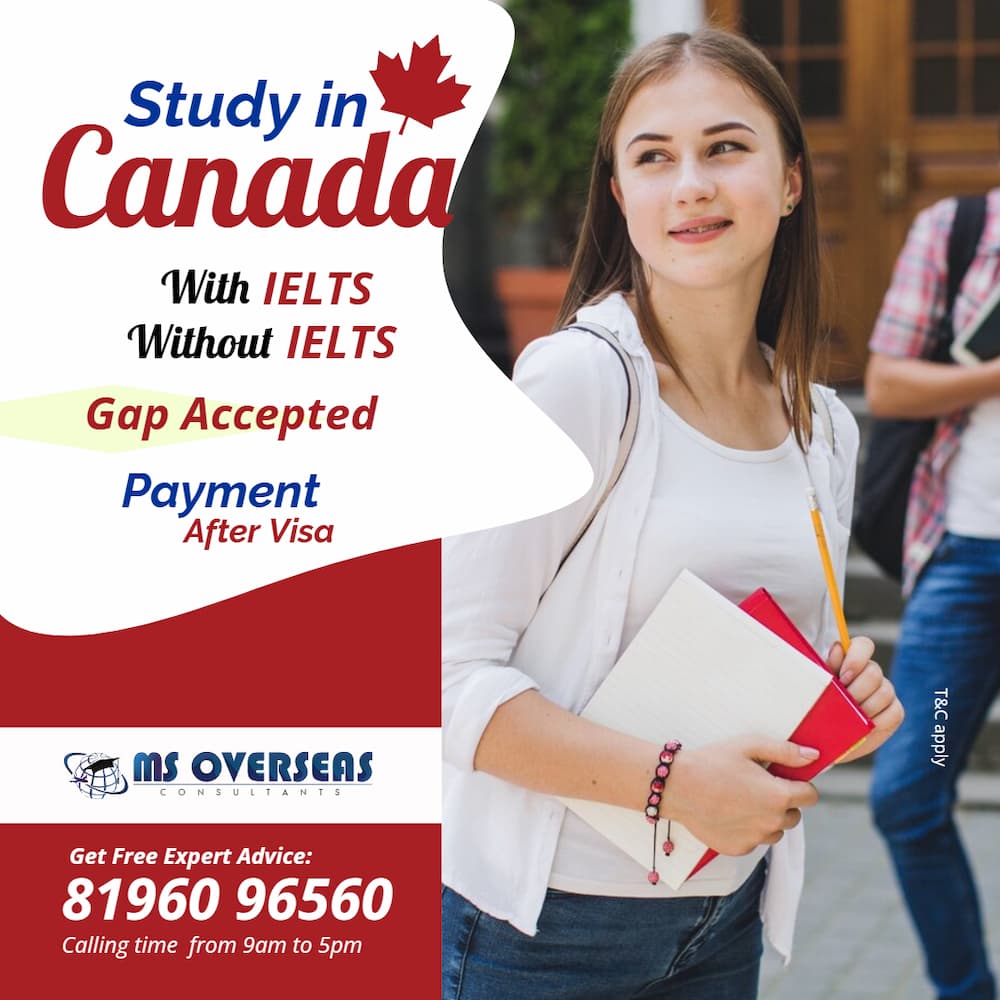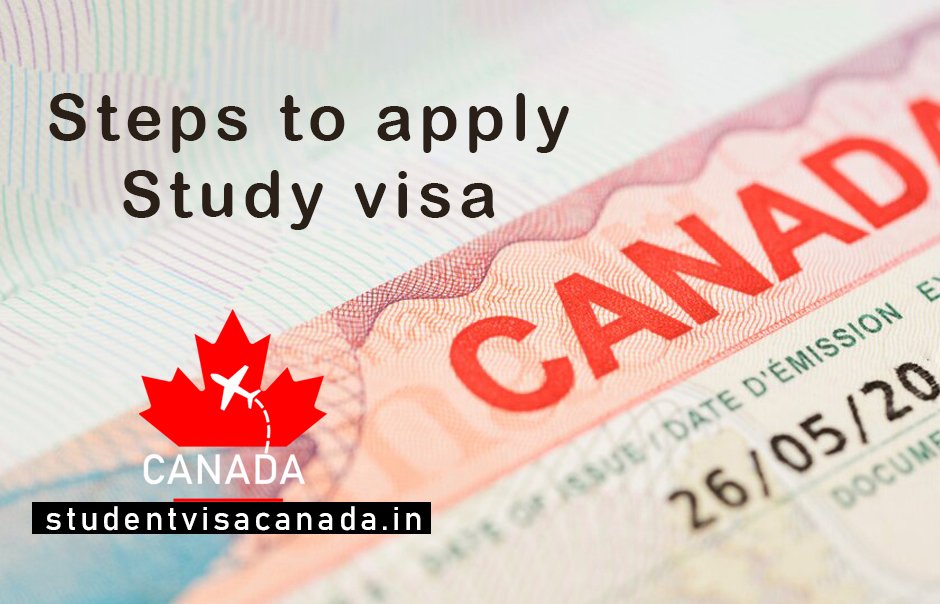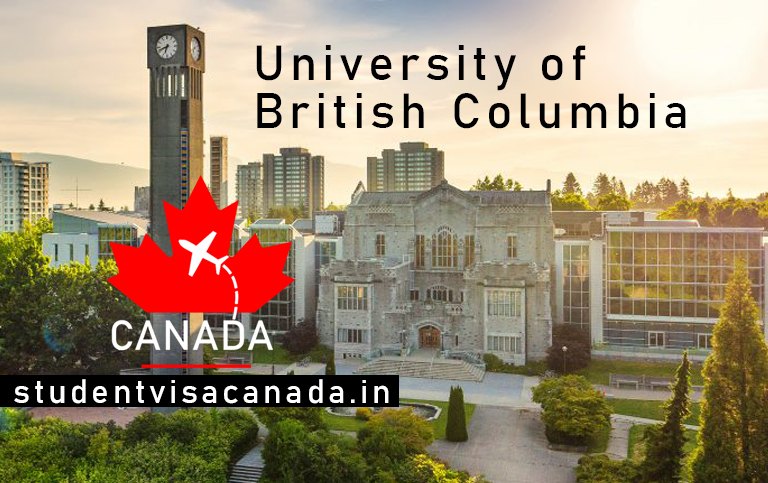British Columbia (BC) has embarked on an ambitious journey to elevate the standards of postsecondary education and eradicate exploitation within the sector. On July 15, the Ministry of Post-Secondary Education and Future Skills announced the launch of Phase 2 of its International Education Framework, a comprehensive plan to ensure a high-quality educational experience for international students. British Columbia Takes Bold Steps
Phase 1 Recap: Laying the Foundation
Phase 1 was a critical step in reshaping the educational landscape in BC. It introduced stringent measures aimed at halting exploitive practices and enhancing the quality of education. Key changes included:

Compliance and Enforcement:
Stricter regulations and oversight to ensure institutions adhere to high standards. British Columbia Takes Bold Steps
Higher Standards for Private Degree Programs:
Elevating the criteria for private institutions offering degree programs.
New Language Requirements:
Ensuring private training institutions meet specific language proficiency standards.
Tuition Transparency:
Mandating clear and transparent tuition fees for public postsecondary institutions.
The overarching goal was to establish a more trustworthy and transparent educational environment for international students. British Columbia Takes Bold Steps
The Scope of International Education in BC
According to the Canadian Bureau for International Education (CBIE), BC is a significant hub for international students, hosting 20% of Canada’s international student population in 2023. This influx underscores the importance of maintaining high educational standards and protecting student interests.
Phase 2: Building on Progress
Announced on July 15, Phase 2 introduces further enhancements to the Education Quality Assurance (EQA) designation, a crucial credential for institutions enrolling international students. Key changes include:
In-Person Program Delivery:
Institutions must deliver at least 50% of the program in person to international students.
Support Staff for International Students:
Ensuring institutions have dedicated staff to support the unique needs of international students.
IRCC Reporting Compliance:
Adhering to Immigration, Refugees, and Citizenship Canada (IRCC) reporting requirements.
Additionally, a new Code of Practice for EQA-designated institutions mandates clear and accurate marketing, accountability for education agents, tuition transparency, housing assistance, academic support, and measures to support student health and safety.
Institutional Responses and Expectations
Many institutions in BC are still digesting the implications of these new measures. Carolyn Russel, Vice President of Students at Vancouver Island University, expressed her enthusiasm, highlighting the potential for a consistent and positive experience for international students. She believes these measures will set BC apart, demonstrating the commitment of its institutions to providing a top-tier educational experience.
Vinnie Nobre, Vice President of Canadian Operations at ILSC Education Group, shares a similar sentiment. He sees the framework as an exciting opportunity to uphold high standards and ensure a positive experience for all students in the province. Angela Johnston, VP Academic at ILAC Education Group emphasizing that the framework will enhance quality assurance and ensure students receive the quality education they expect.
Key Changes for Institutions
Public and private institutions will face several new requirements and changes under Phase 2:
Public Institutions:
A cap on international student enrollments at 30% of the student body, tuition fee transparency obligations, and the requirement to produce an international education strategic plan.

Private Degree-Granting Institutions:
Increased annual, application, and review fees, a labor market alignment requirement for degree programs, and the necessity to manage enrollment in line with infrastructure and student resources.
Private Training Institutions:
Higher government fees, greater program content standards, and increased student protections, including more generous refund policies, reduced contract terms, and a ban on high-pressure sales tactics.
Moving Forward: Sector Perspectives and Suggestions
As BC progresses with these reforms, the sector continues to generate ideas for further government support. Johnston advocates for increased quality assurance activities and regular site visits to ensure institutions operate bona fide. She underscores the importance of ongoing engagement and consultation to implement sector-wide quality standards effectively.
Nobre calls for measures that complement the existing framework, such as increased collaboration between public and private institutions, streamlined visa and immigration processes, regular feedback mechanisms from international students and institutions, and support for professional development of educators and staff.
While Russel praises the Ministry’s transparency, she suggests enhanced communication with prospective international students about the EQA could be beneficial. She believes this would assure students that BC is a destination of choice, committed to protecting their educational experience.
Conclusion: British Columbia’s comprehensive approach to improving postsecondary education and combating exploitation is a significant step forward. The launch of Phase 2 of the International Education Framework builds on the solid foundation laid by Phase 1, introducing stricter standards and enhanced protections for international students.
As institutions adapt to these changes, the overarching goal remains clear: to provide a high-quality, transparent, and supportive educational environment for all students. With continued collaboration and engagement, BC is poised to become a leader in international education.

Disclaimer
The content of this blog post is intended for informational purposes only and is not legal or professional advice. While we strive to provide accurate and up-to-date information, we make no guarantees about the completeness, accuracy, reliability, suitability of the information contained herein. The policies and regulations regarding international education in British Columbia are subject to change, and readers are encouraged to consult official government sources
Source: thepienews.com
Get Free Expert Advice: Are you ready to embark on your next adventure? Whether you’re seeking a work permit, tourist visa, or study opportunities in Canada or other countries, we’re here to help! Contact us today to learn how our expert services can simplify your journey and turn your dreams into reality. Reach out now and let’s start planning your future together!
- Canada Citizenship Requirements: Everything You Need to Know
- Canada’s New Visa Rules: What It Means for Indian Students
- Navigating Student Visa Regulations for Studying in the US, UK, Australia, and Canada
Also read:
- Why Canada’s 32% Drop in Study Permits for Indian Students in 2024 Could Affect Your Future Plans
- Canada Launches Rural and Francophone Community Immigration Pilots: A New Era for Skilled Immigrants
- Canada Expands Post-Graduation Work Permit (PGWP) Eligibility: A Gateway to Endless Opportunities for Indian Students
- Canada Takes Action to Combat Fraud in the Express Entry System
- Canada Announces Big Changes to Express Entry Immigration System: What It Means for Indian Aspirants



